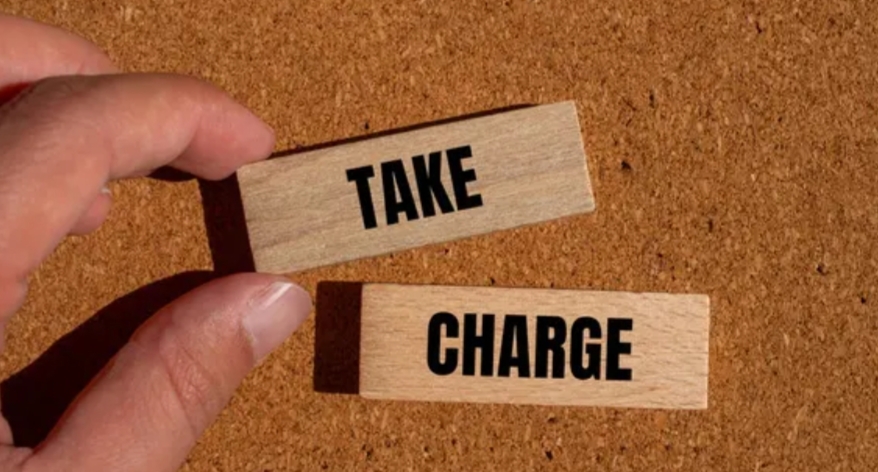
In a world filled with distractions, obligations, and external pressures, taking charge of your own life can often feel like an overwhelming task. However, being in control of your decisions and direction is essential for personal growth, fulfillment, and happiness. Here are some steps to help you reclaim the reins of your life and steer it in the direction that aligns with your values and goals.
1. Understand Your Values and Priorities
The first step in taking charge of your life is understanding what matters most to you. Take time to reflect on your core values—these could be integrity, family, love, career, adventure, or personal growth. Once you identify these values, prioritize them in your decision-making processes. This alignment will give you clarity and motivation in pursuing your goals.
2. Set Clear Goals
Once you have a firm grasp of your values, it’s time to set clear, achievable goals. This could involve aspects of your personal life, career, health, or relationships. Utilize the SMART criteria—Specific, Measurable, Achievable, Relevant, and Time-bound—when setting your goals. Write them down and break them into smaller, manageable tasks. This will provide you with a roadmap to follow and make it easier to track your progress.
3. Make Conscious Decisions
Taking charge of your life means becoming intentional about the choices you make. Avoid defaulting to others’ expectations or societal pressures. Instead, ask yourself whether a decision reflects your values and goals. Learn to say no to commitments that don’t resonate with you and focus on opportunities that will propel you forward. This process may require building assertiveness and self-confidence.
4. Cultivate Self-Discipline
To be in charge of your life, you need a strong sense of self-discipline. Self-discipline is the ability to control your impulses, emotions, and behaviors in the pursuit of long-term goals. Develop habits that support your objectives, whether it’s maintaining a workout routine, budgeting your finances, or dedicating time to personal development. Consistency is key; small, daily actions build momentum over time.
5. Create a Supportive Environment
Surround yourself with people who uplift and inspire you. The company you keep has a significant impact on your mindset and motivation. Therefore, seek out those who support your journey towards taking charge of your life. This could be friends, family, mentors, or even online communities. Their encouragement can provide the necessary support and accountability that helps you stay committed to your goals.
6. Embrace Change and Flexibility
Life is dynamic, and being in charge does not mean rigidly sticking to a plan. Instead, embrace change and be flexible in your approach. Life will present unexpected challenges and opportunities; being open to adjusting your plans will allow you to grow and adapt. Develop resilience by viewing setbacks as learning experiences rather than failures.
7. Practice Mindfulness
Mindfulness entails being present and fully engaging with your surroundings, thoughts, and feelings without judgment. Practicing mindfulness can help you become more aware of your thoughts and emotions, enabling better decision-making. Techniques such as meditation, deep breathing, or simply taking a moment to pause throughout your day can help cultivate a mindful approach to life, enhancing your ability to take charge.
8. Reflect Regularly
Set aside time for regular reflection on your progress and experiences. Journaling can be a helpful tool for assessing what’s working, what isn’t, and how you feel about your direction. Regular introspection allows you to recalibrate your goals as necessary and keeps you connected to your values.
9. Celebrate Your Achievements
Recognizing and celebrating your achievements, no matter how small, is crucial in maintaining motivation and self-confidence. It reinforces the progress you have made and deeper connection to the process of taking charge of your life. Set milestones for yourself and reward them with something you value, whether it’s a special treat, time off, or a small gift.
Being in charge of your own life is a continuous journey of self-discovery and growth. By taking intentional steps to understand your values, set goals, and make conscious decisions, you empower yourself to create a fulfilling life. Embrace the challenges along the way, remain adaptable, and always remember that true leadership begins with self-leadership. Taking charge of your own life is not only about where you want to go but also about how you want to feel and who you want to become along the way.


